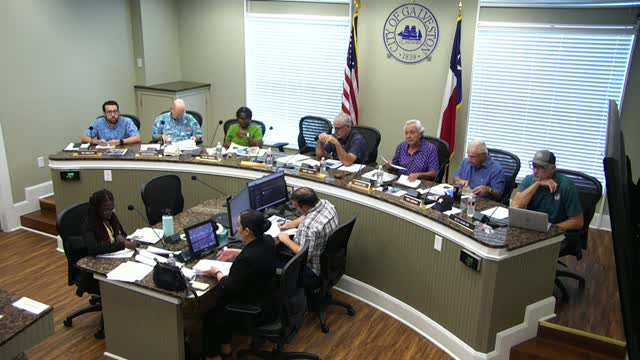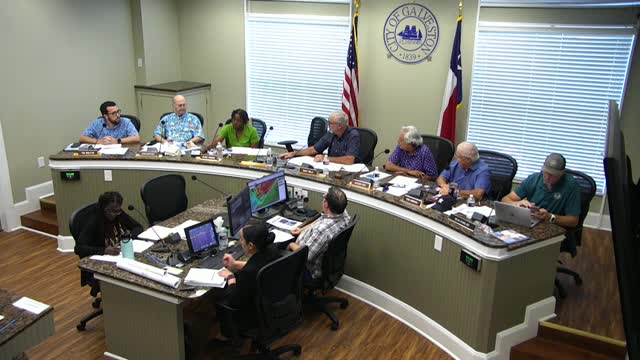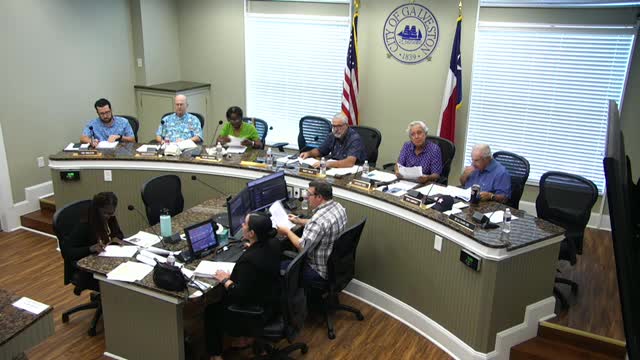Article not found
This article is no longer available. But don't worry—we've gathered other articles that discuss the same topic.

Planning Commission recommends PUD for Seawall project after airport safety debate, adds noise disclosure and housing conditions

Votes at a glance: Seawall PUD recommended; several plats and a landmark approved; one PUD denied

